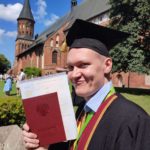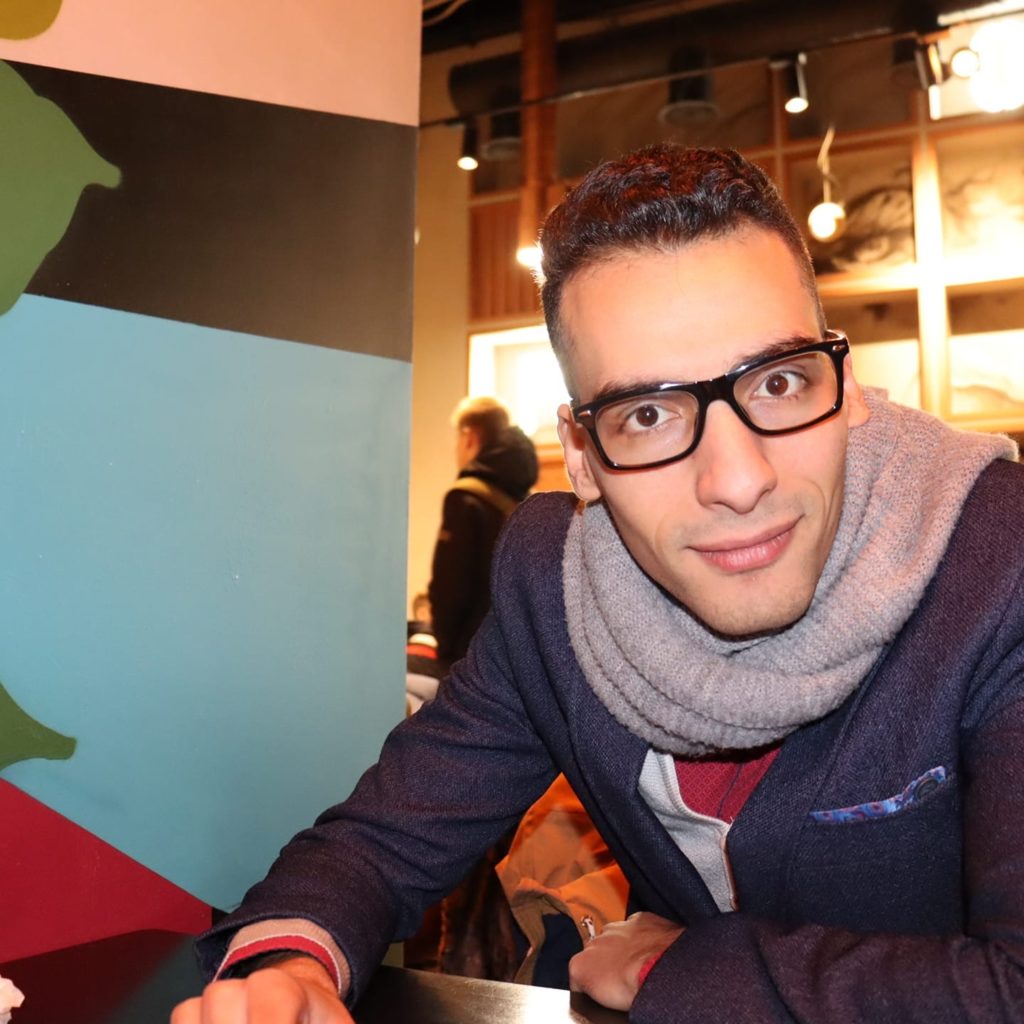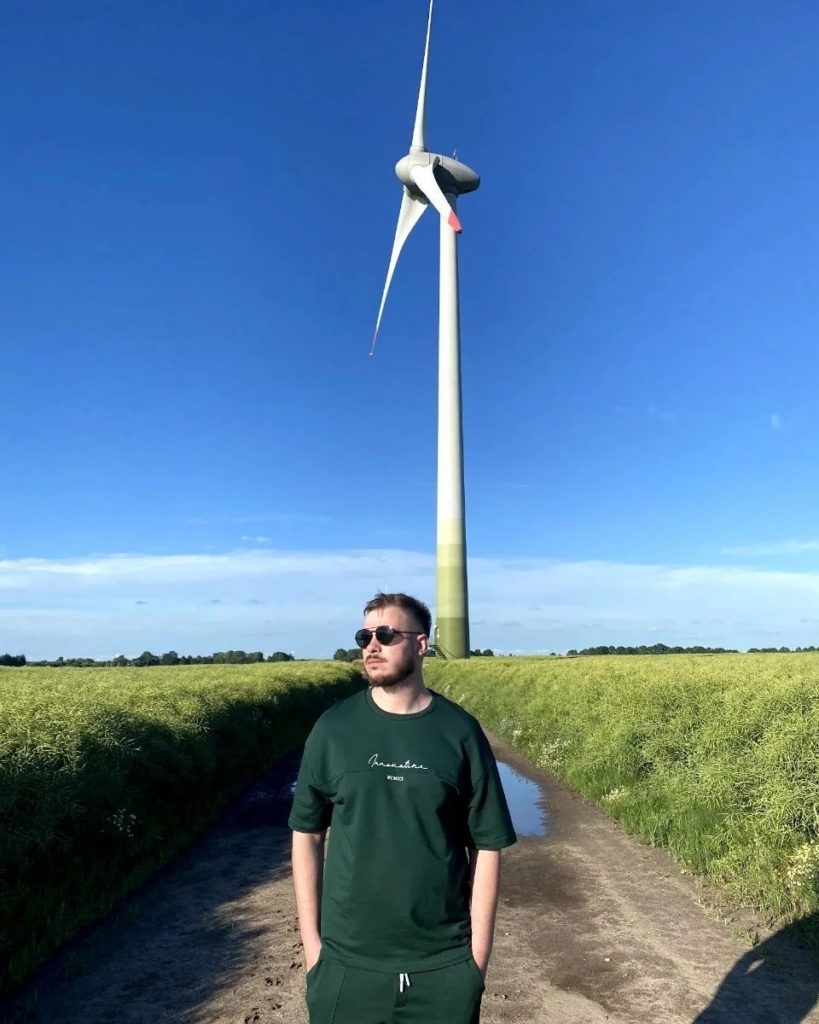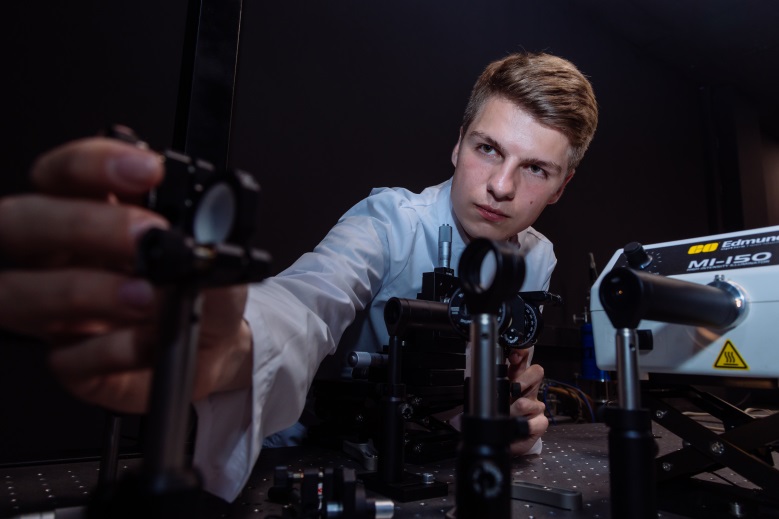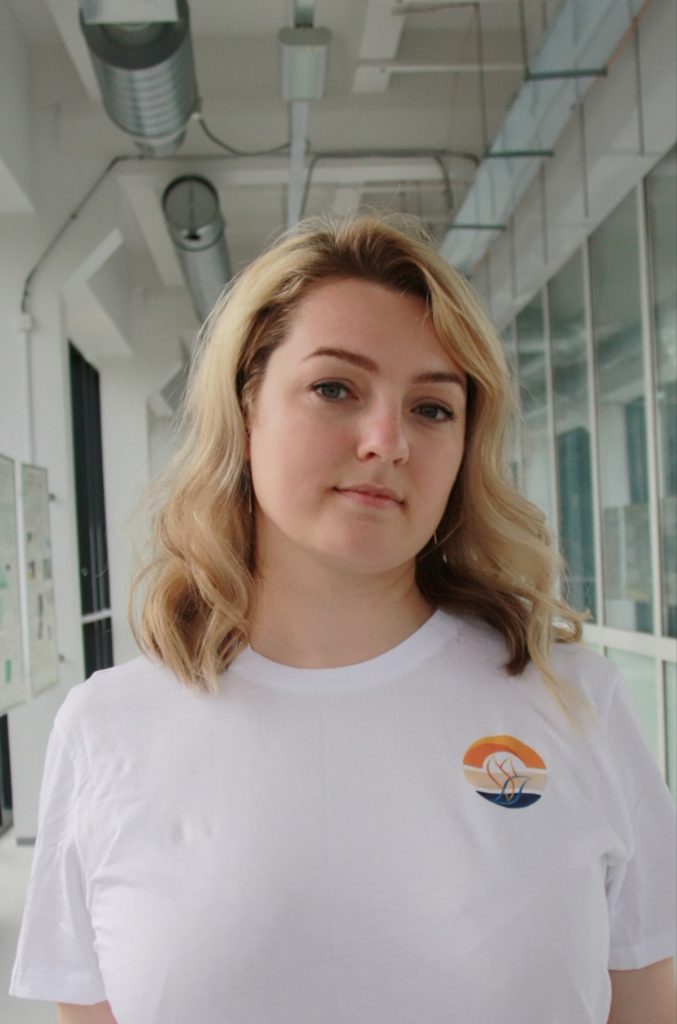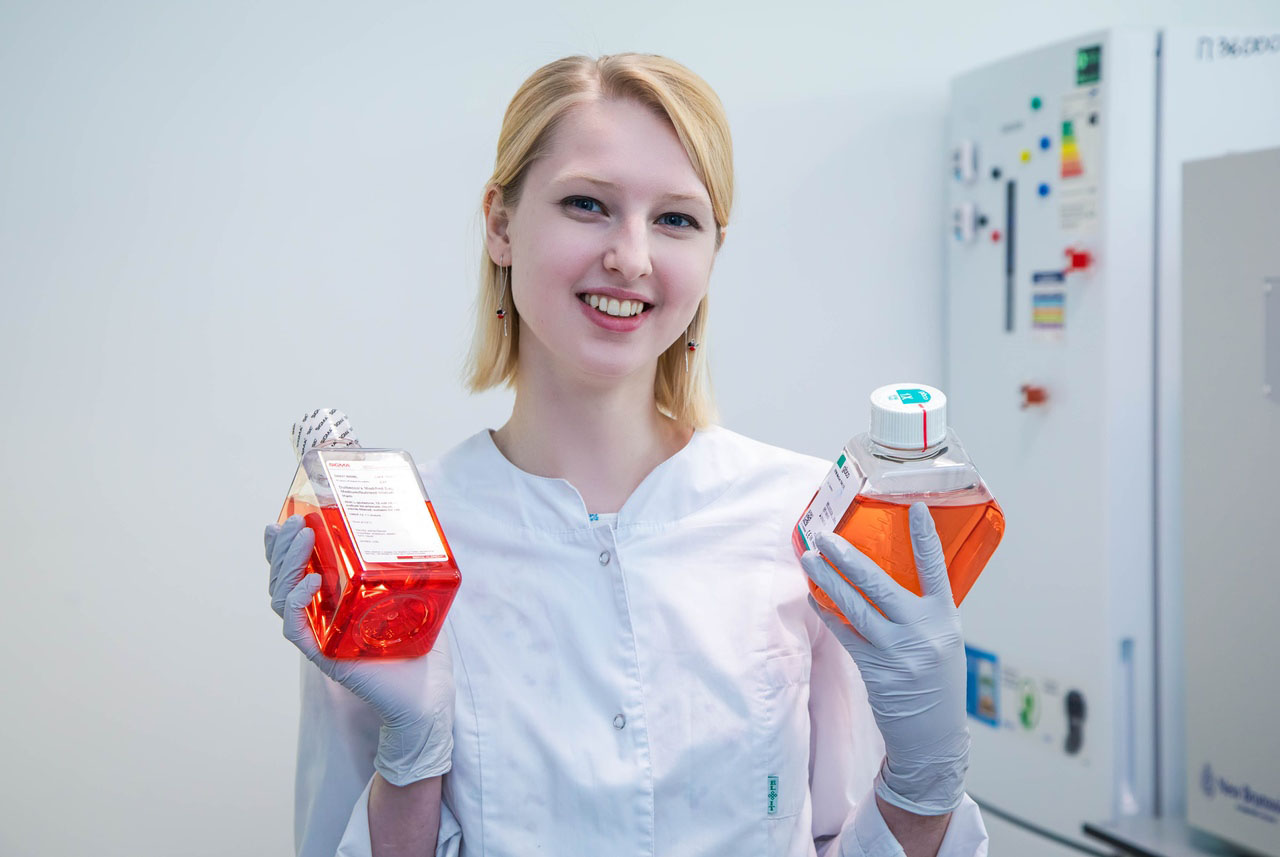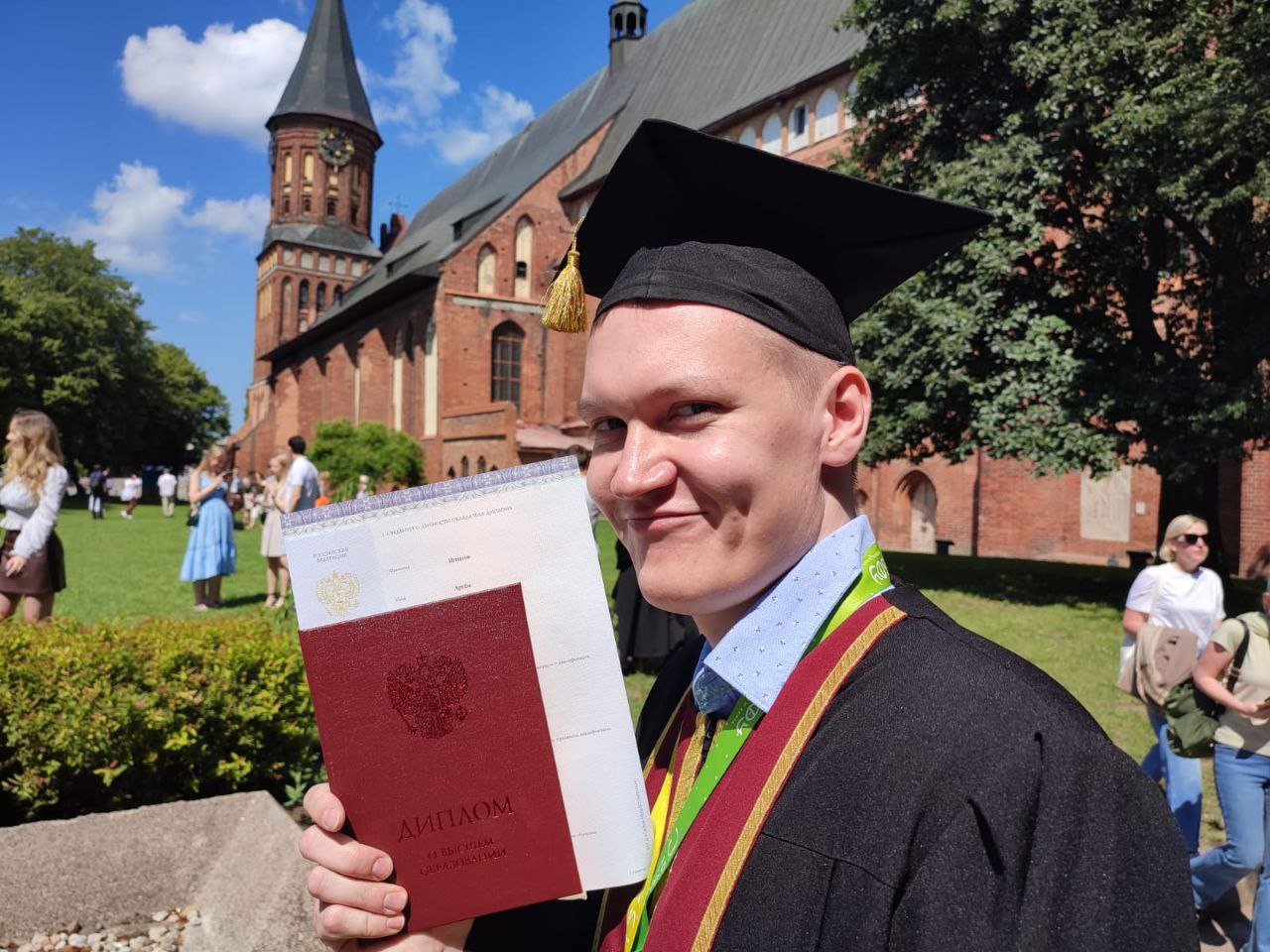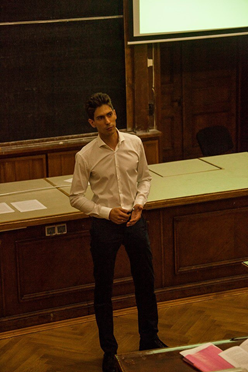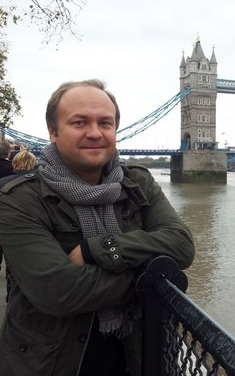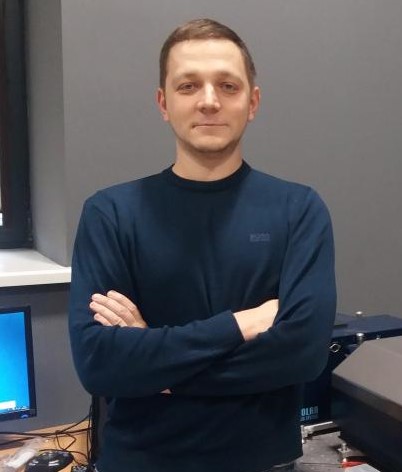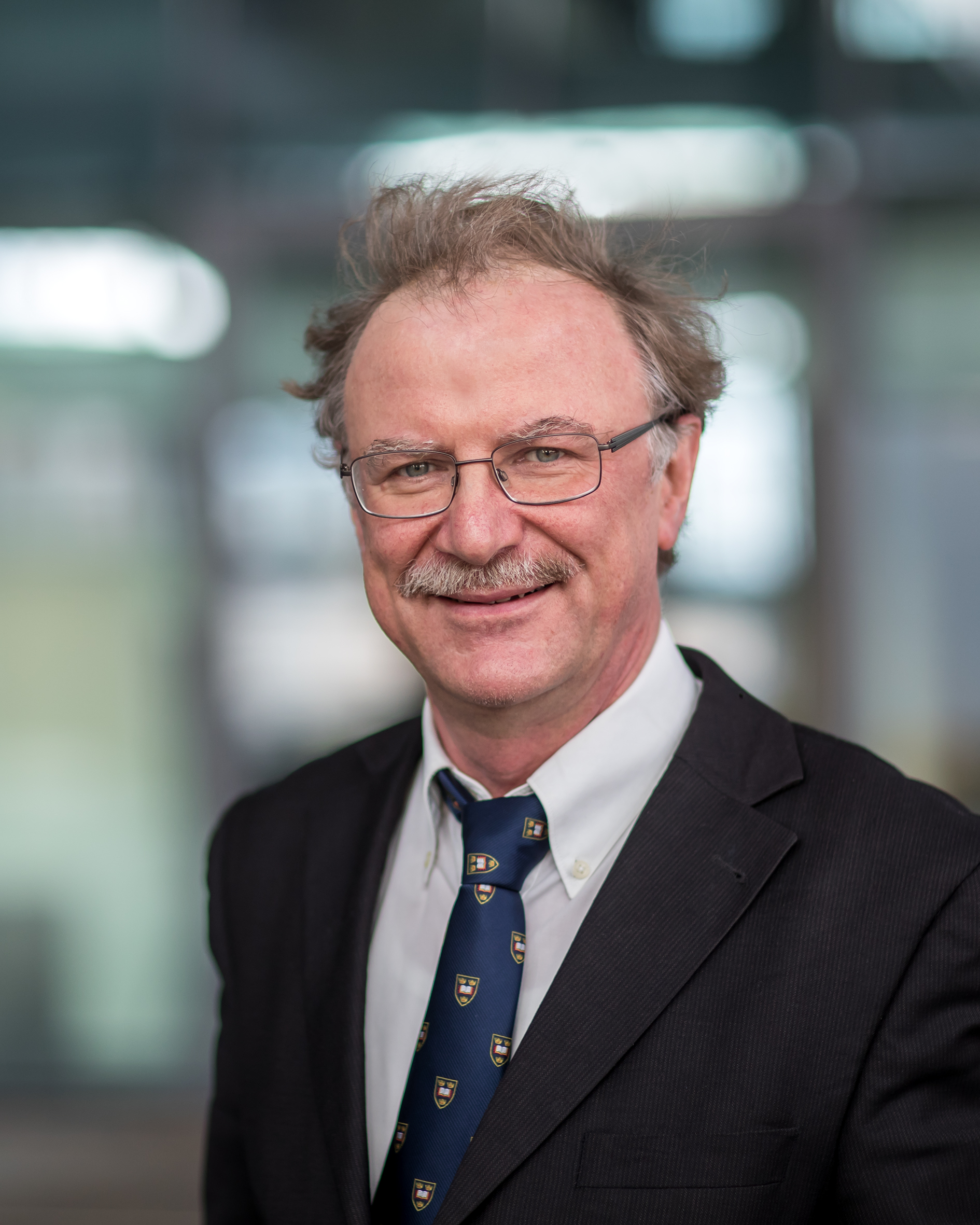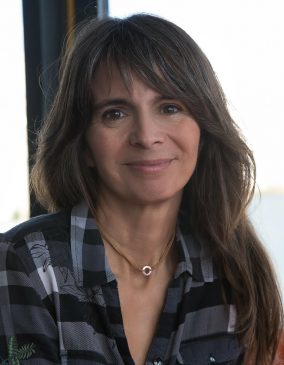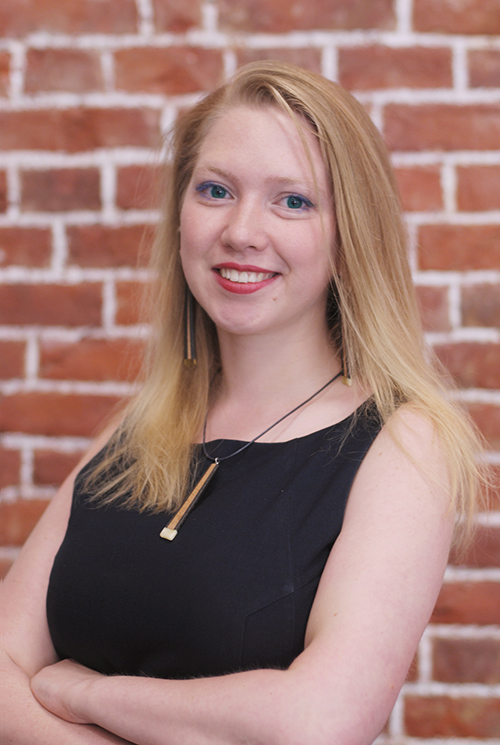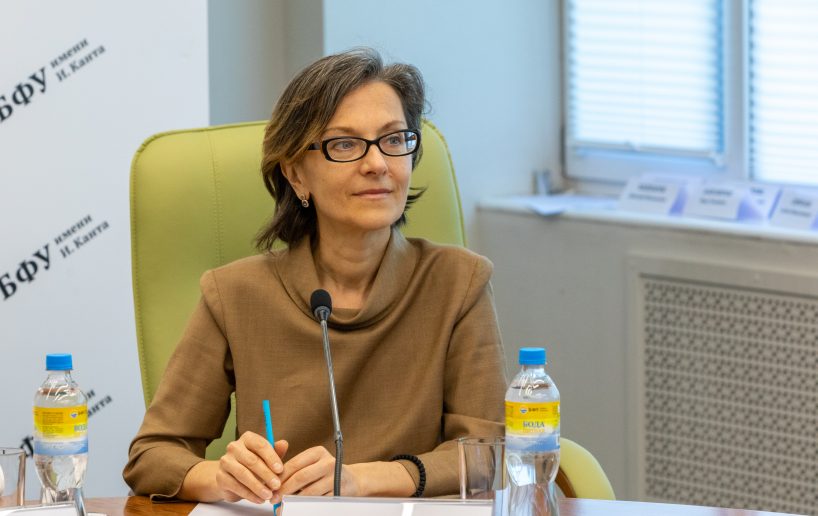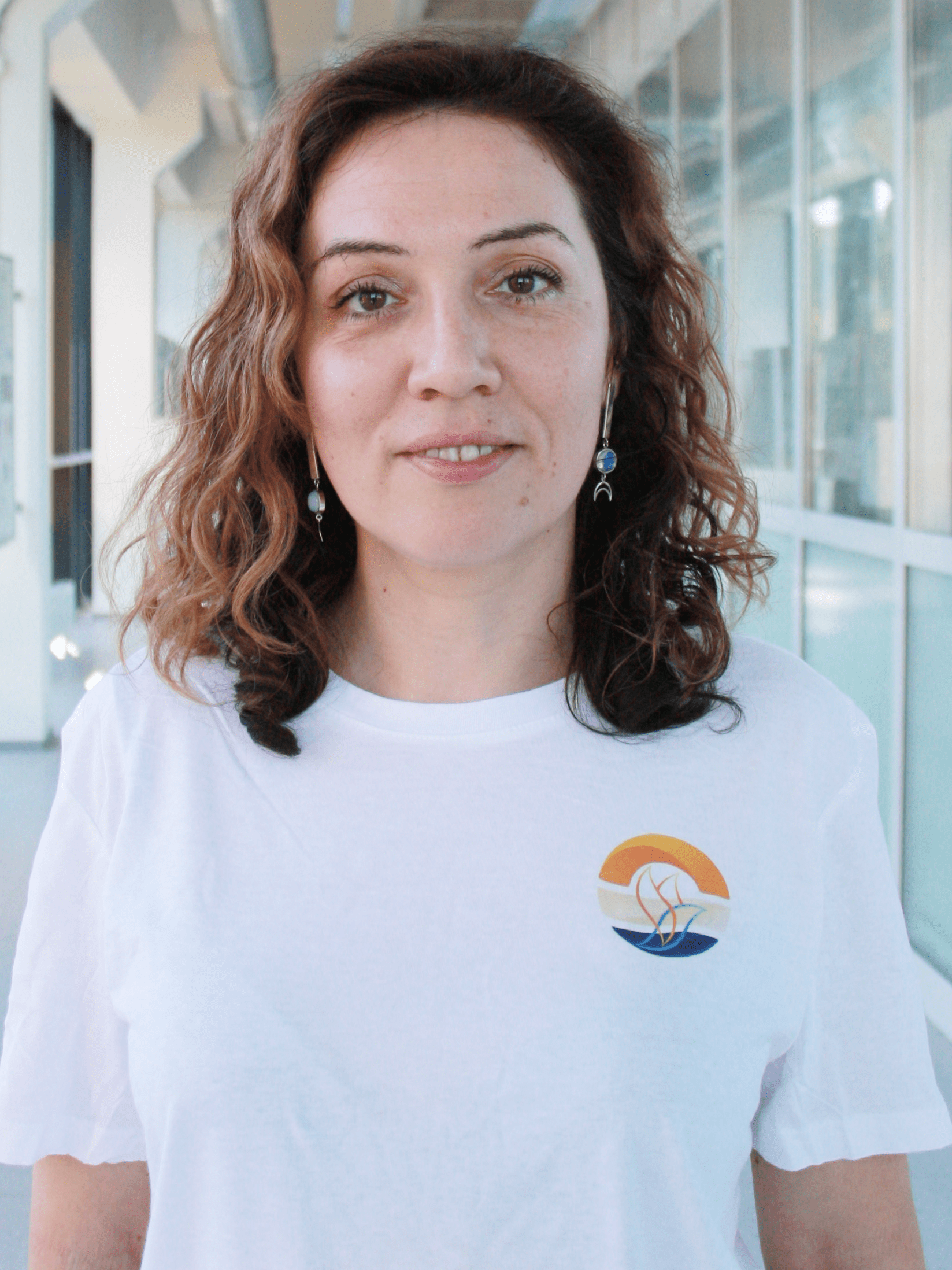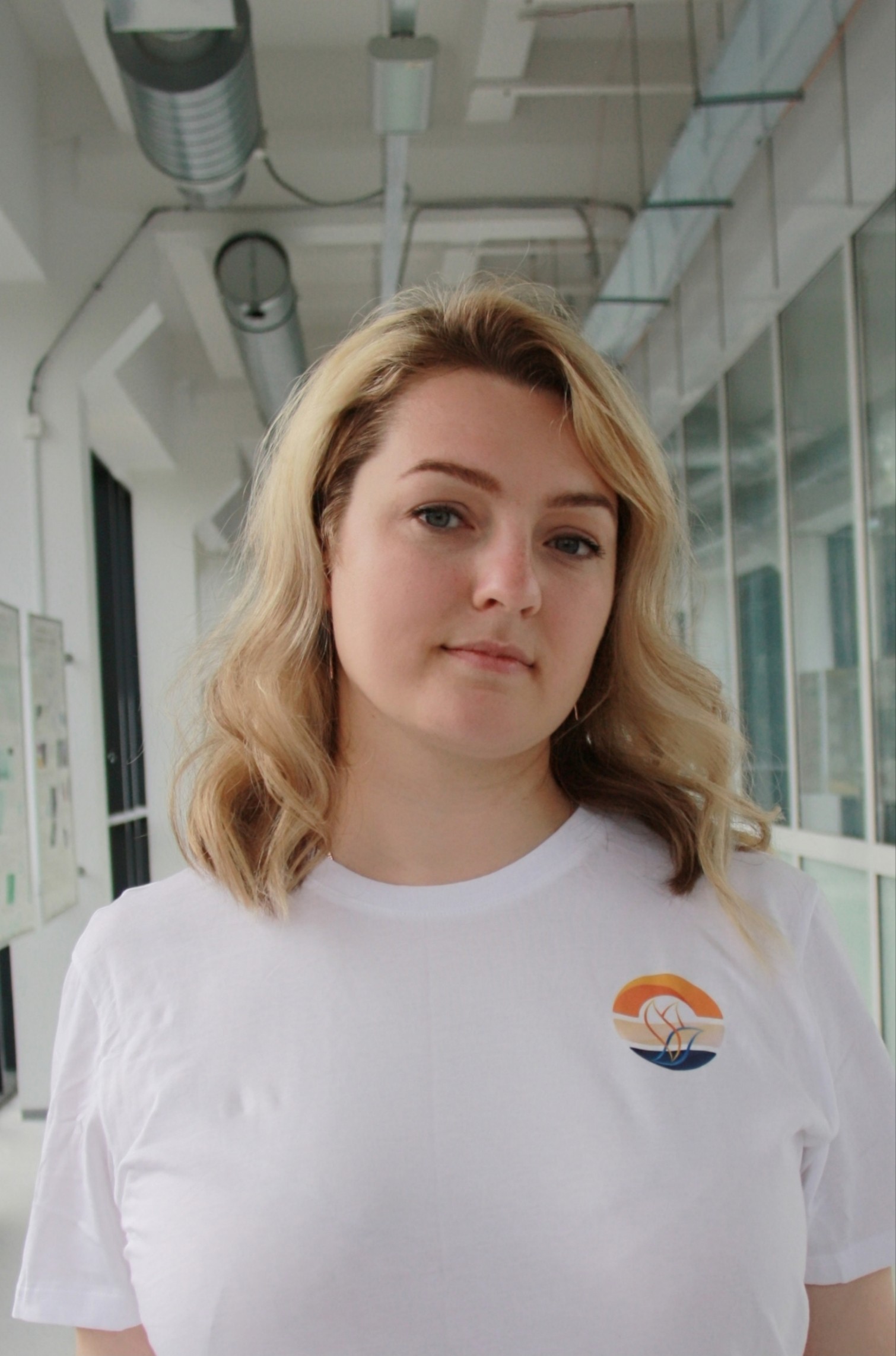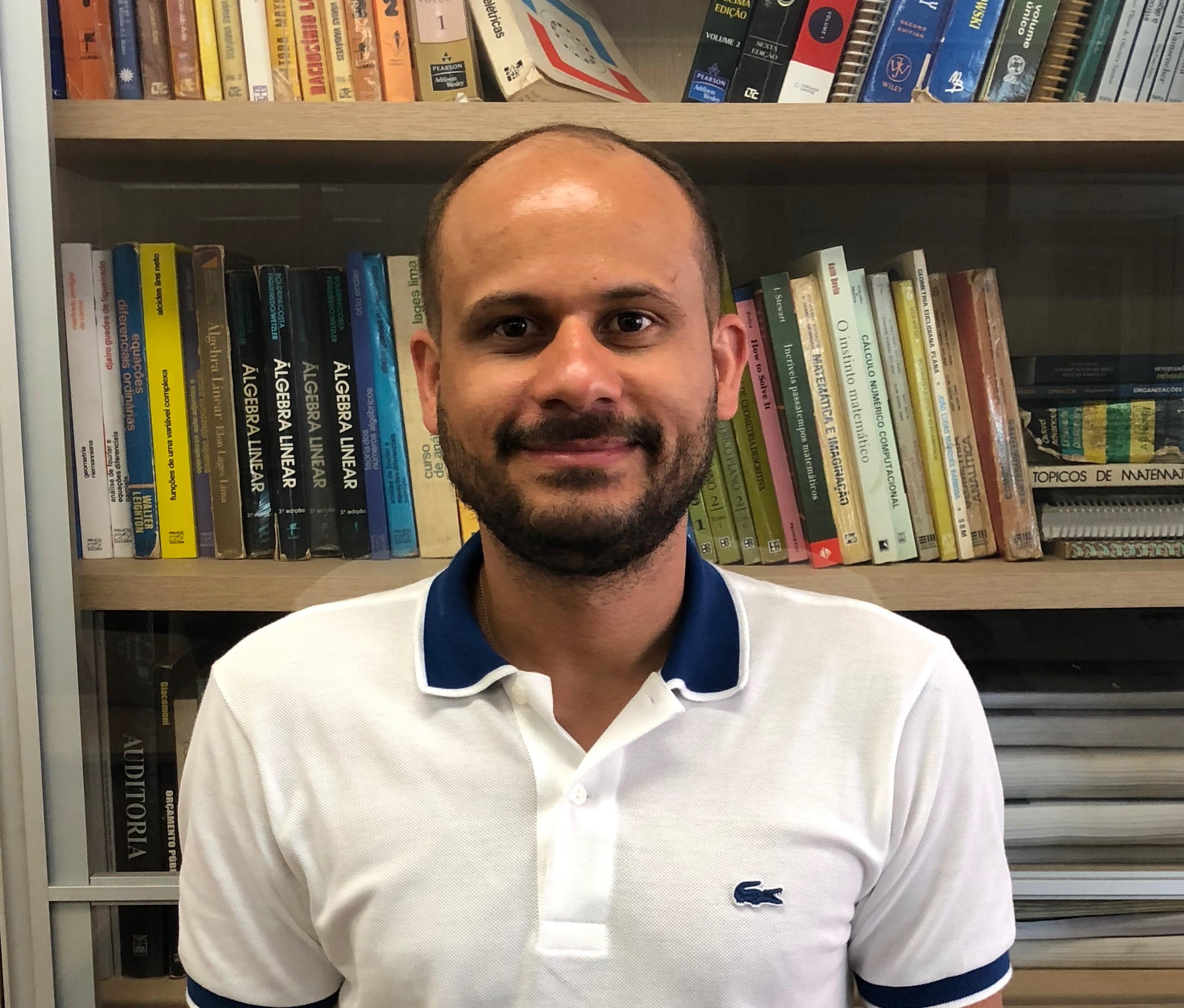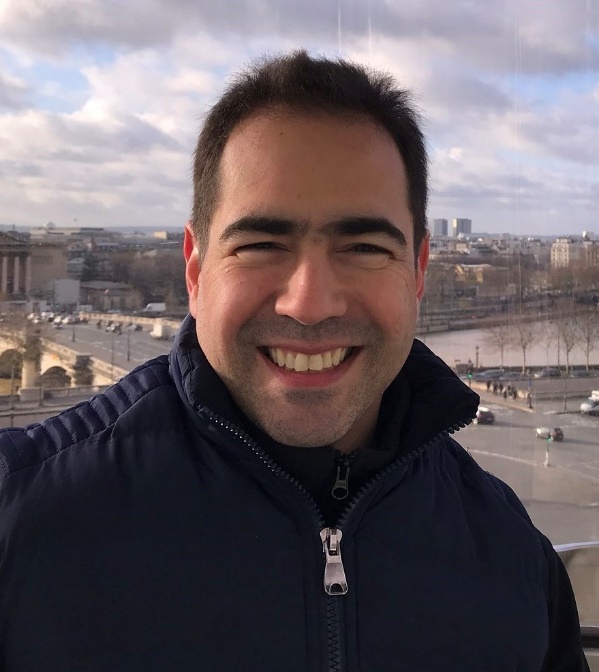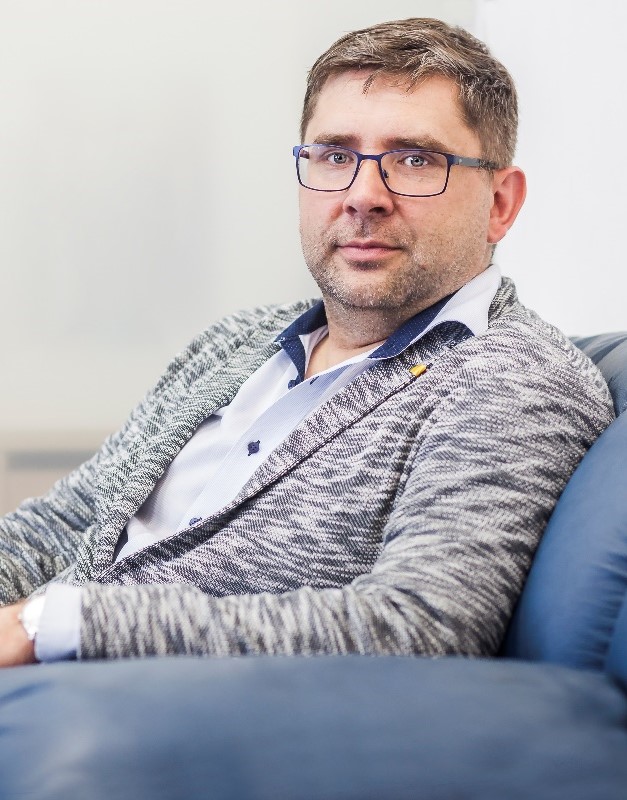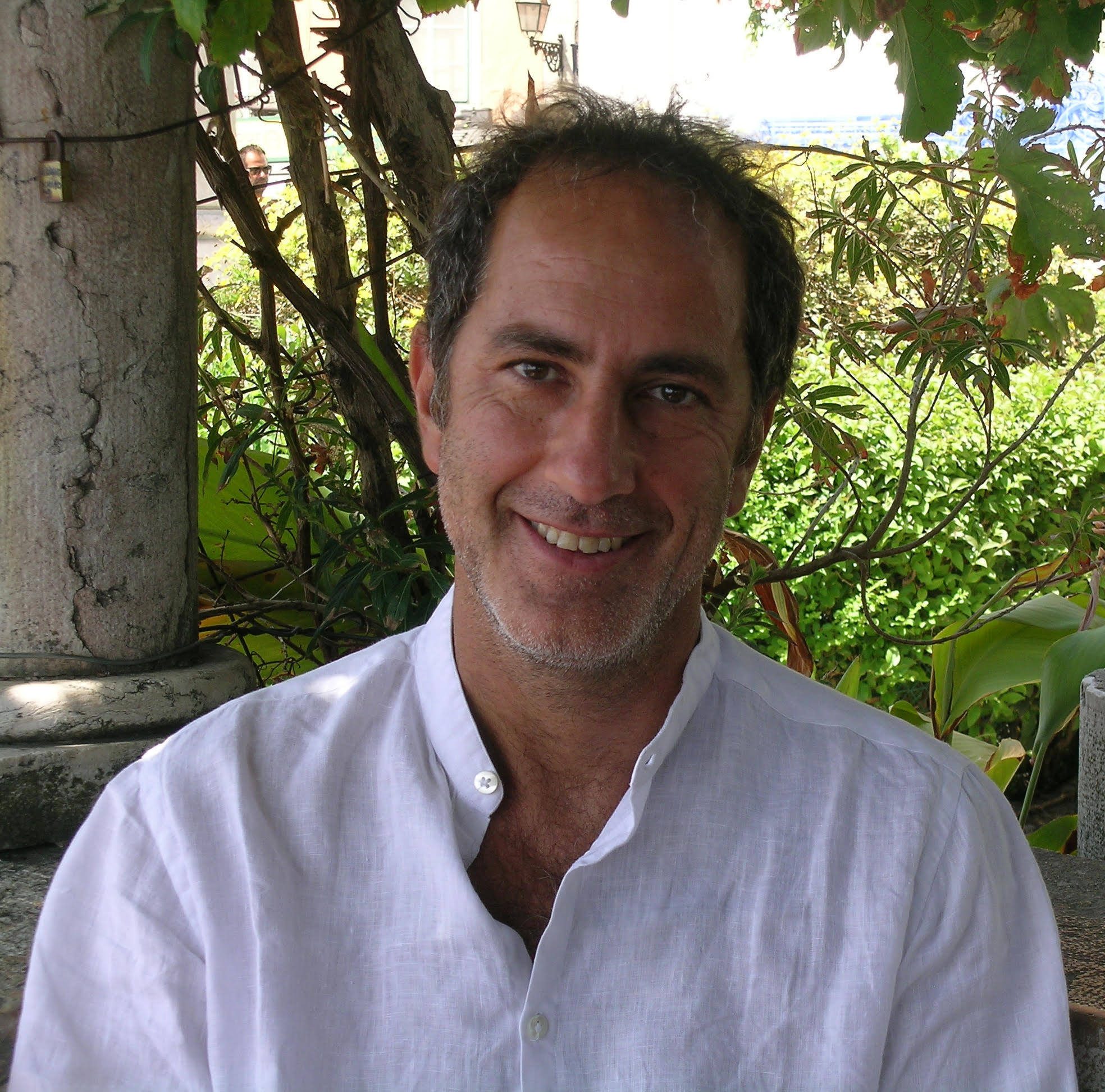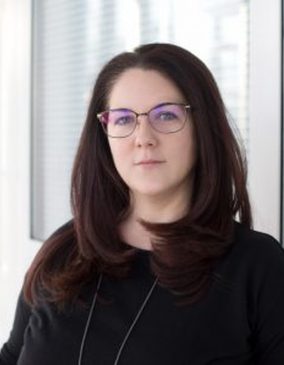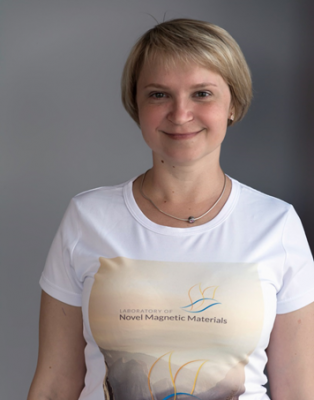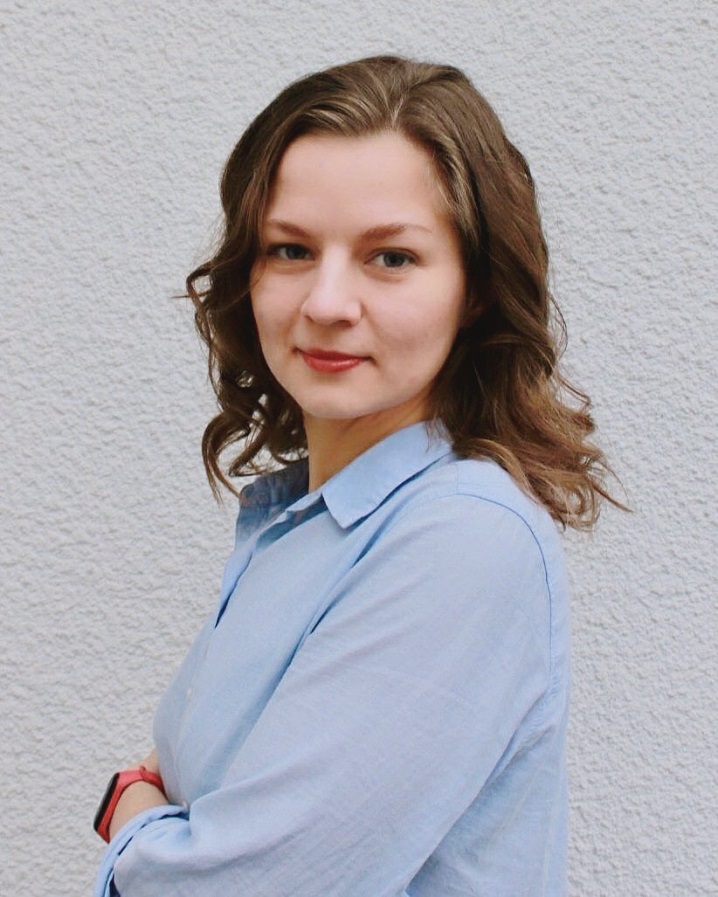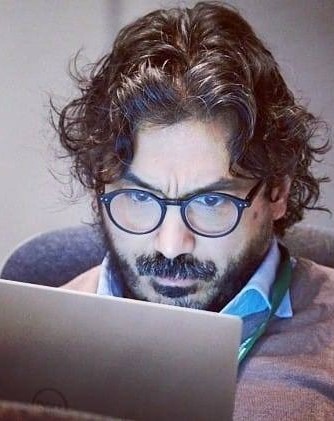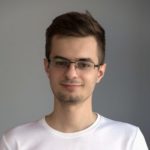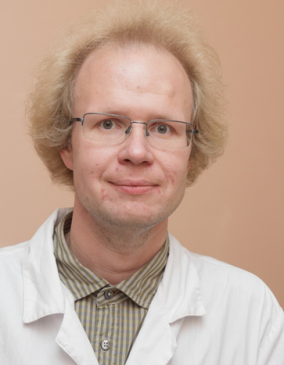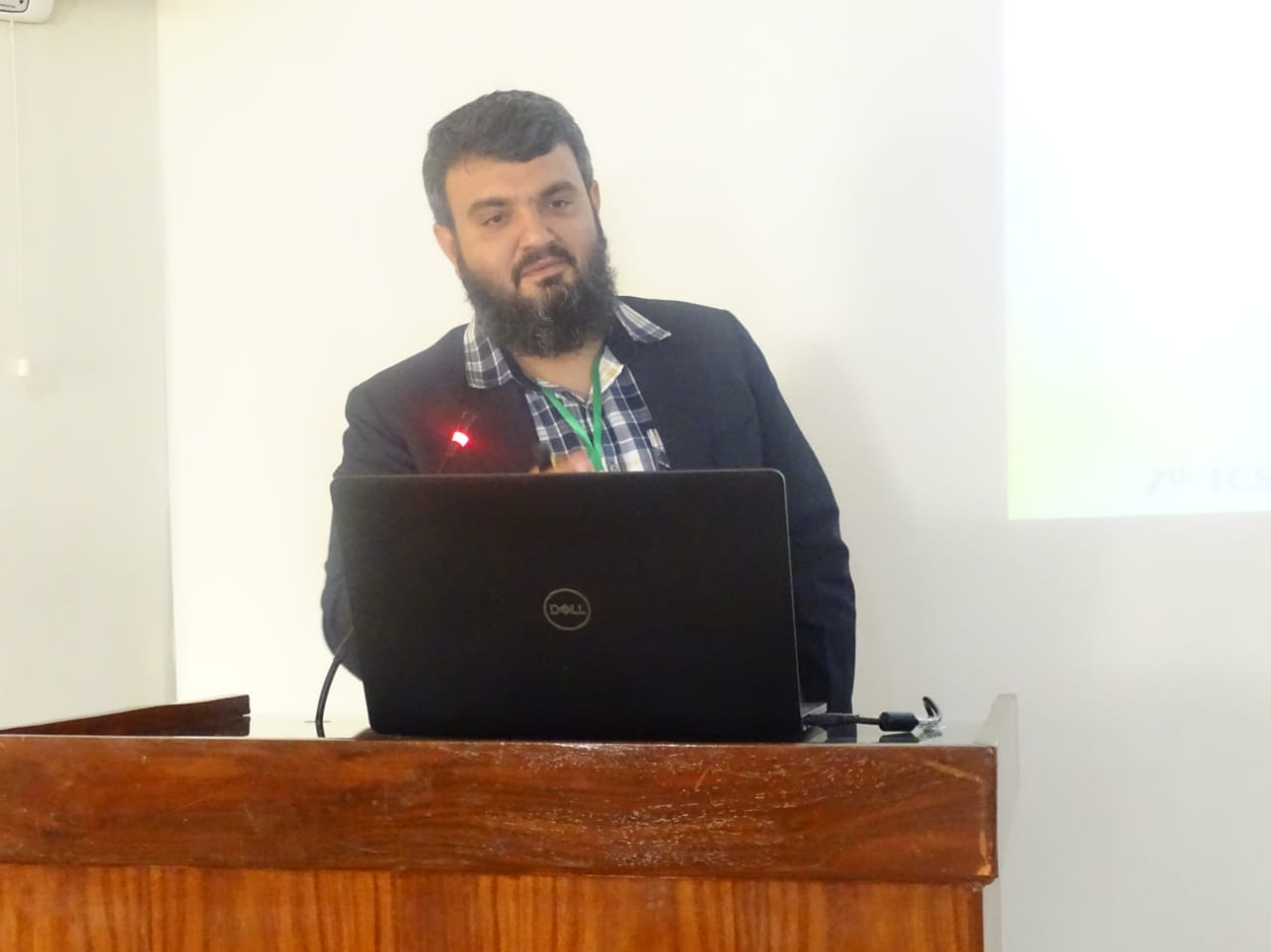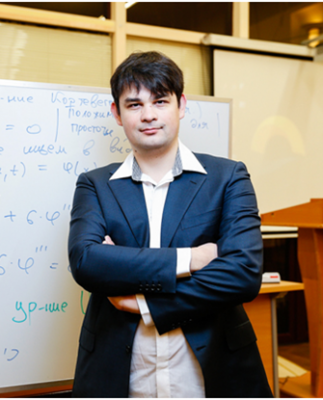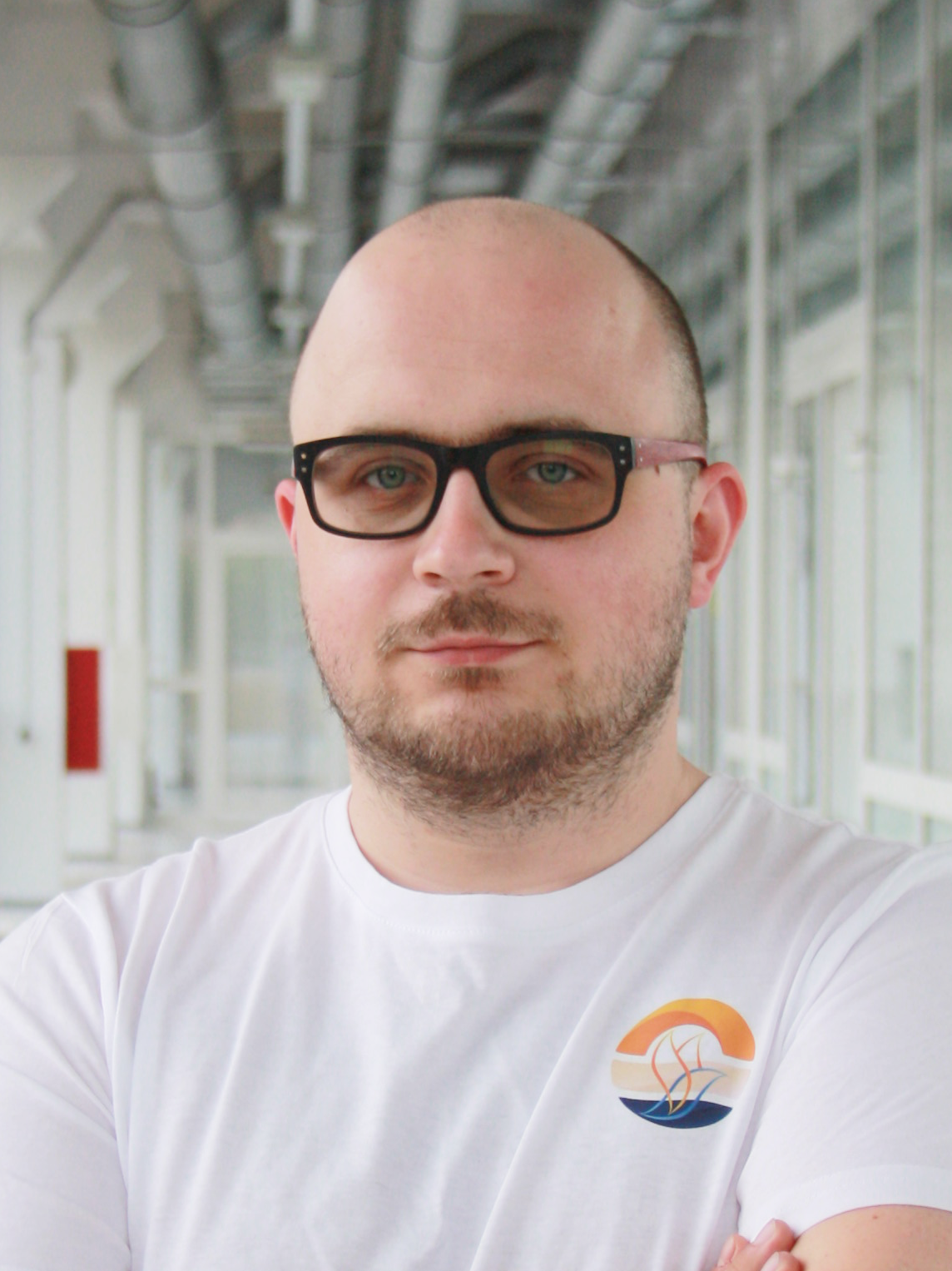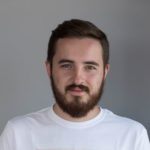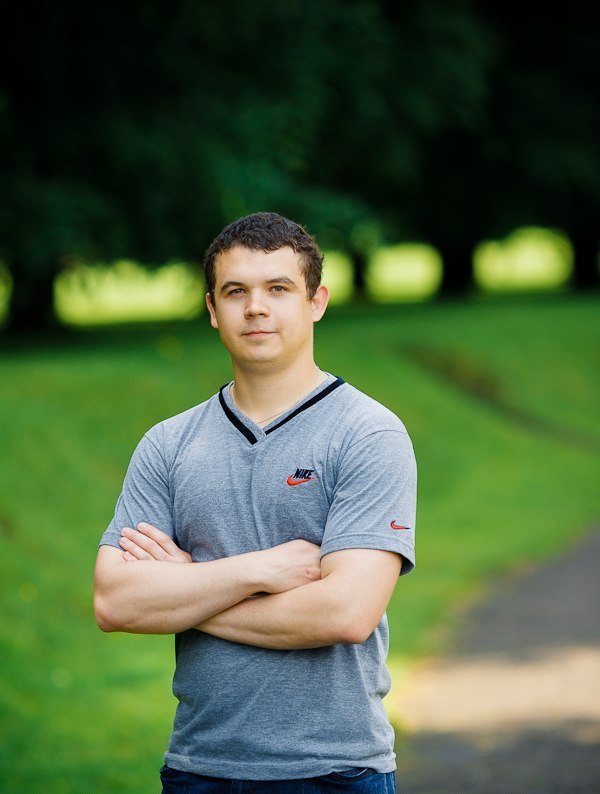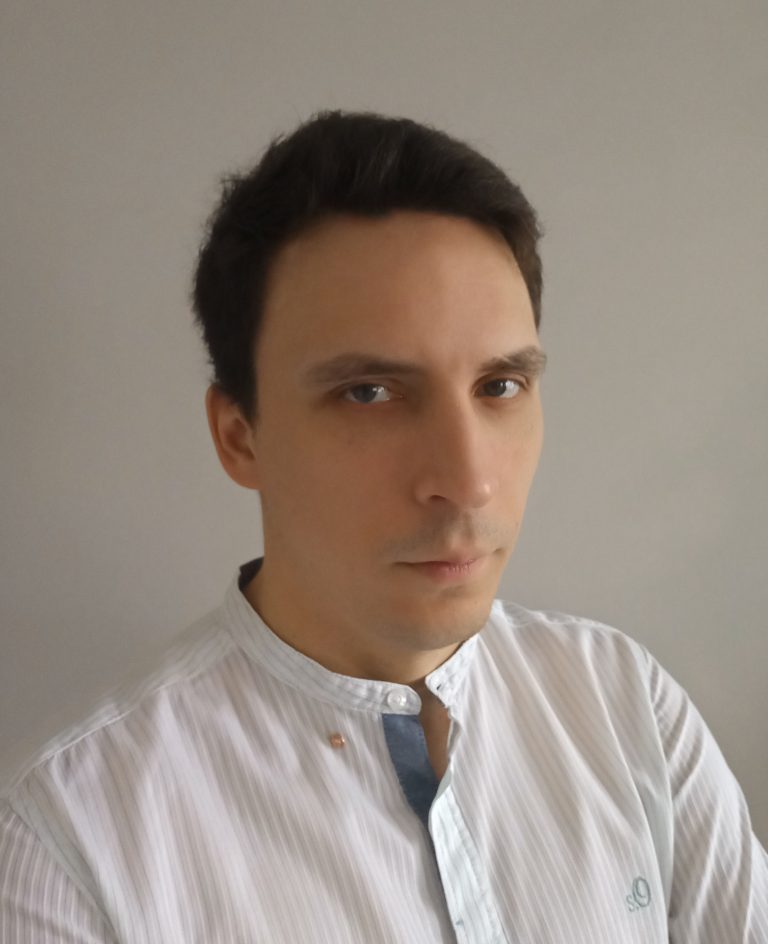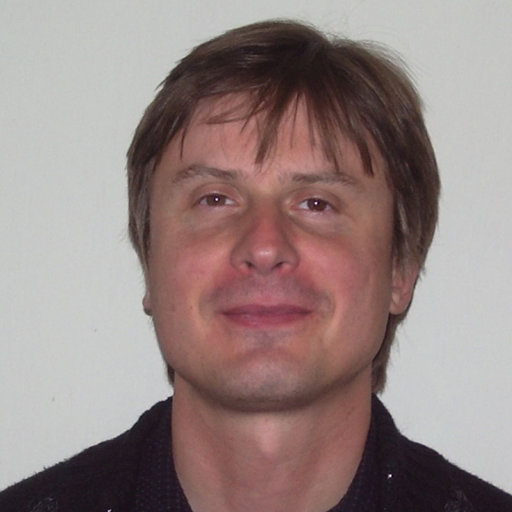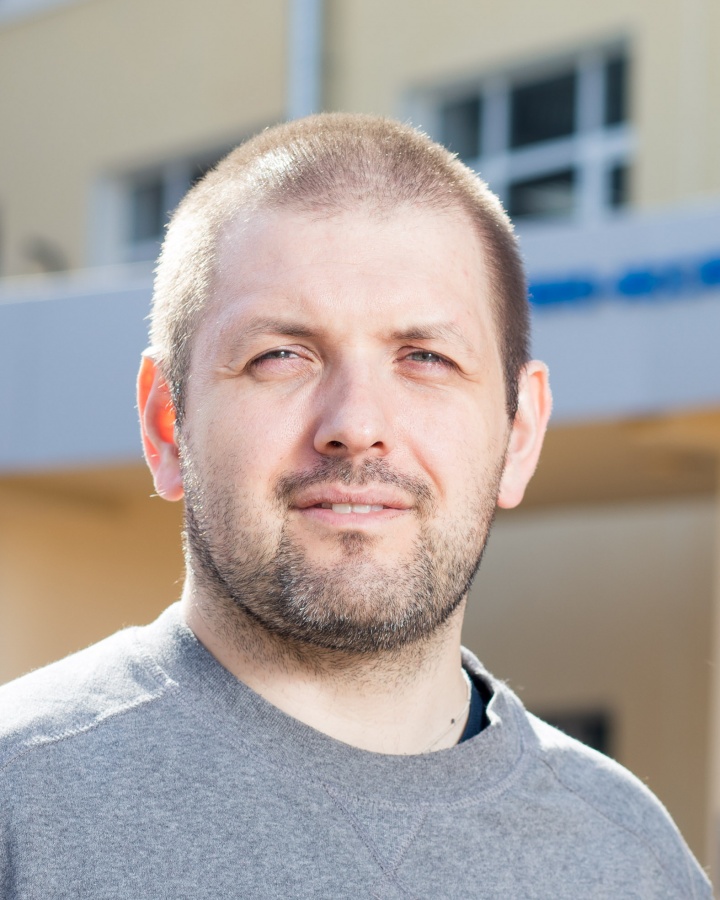IV International Baltic Conference on Magnetism 2021
Dear Colleagues
We are delighted to announce the IV International Baltic Conference on Magnetism: focus on nanobiomedicine and smart materials (IBCM-2021), to be held in Svetlogorsk, a resort town near Kaliningrad, Russia, located on the beautiful shore of the Baltic Sea, from 29th of August till 2nd of September 2021 in a mixed format (online – in presence). The conference is intended to facilitate the interdisciplinary interaction between the leaders and students of these fields. Internationally recognized scientists are invited to report on recent highlights:
- Hyperthermia, drug delivery and theranostics
- Tweezers and cell manipulation
- Lab-on-a-chip + Microfluidic
- Biosensors
- Tissue regeneration
- Magnetic resonance imaging + Magnetic particle imaging
- Modeling and Simulation Methods
- Methods of nanostructured materials synthesis
- Nanoparticles, 2d systems, thin films and patterned structures
- Molecular magnets
- Magnetization dynamics, spin wave and magnonics
- Magnetostrictive and magnetoelastic materials
- Multiphase and composites materials
- Materials for spintronics
- Materials for information storage
- Materials for energy applications (Magneto-Сaloric, multicaloric, soft and hard materials)
- Multifunctional materials
- Novel magnetic alloys: MAX-phases, Heusler
Due to the COVID-19 pandemic situation participation in the conference will be possible only with a vaccination passport or a PCR Coronavirus SARS-CoV-2 test result not older than 72 hours before start of the event. We will be pleased to meet all of you face-to-face.
Organizers
Conference e-mail: ibcm@lnmm.ru
Chairperson: Assoc. Prof., Dr. Valeria Rodionova
E-Mail: rodionova@lnmm.ru
- Prof. Dino Fiorani (Research Director Associate to Institute of Structure of Matter, Rome, Italy)
- Prof. Montserrat Rivas (Associate professor at Department of Physics, University of Oviedo, Gijon, Spain)
- Prof. Claudio Sangregorio (Senior researcher at institute of chemistry of organometallic compounds – CNR (Sesto Fiorentino), Firenze, Italy)
- Prof. Larissa Panina
- Dr. Katerina Levada
- Dr. Abdulkarim Amirov
- Mr. Victor Belyaev
- Mr. Alexander Omelyanchik
- Chair – Dr. Christina Ghritsenko
- Dr. Vladimir Rodionov
- Prof. Pablo Alvarez-Alonso
- Prof. Maria Paz Fernández
- Dr. Vladimir Rodionov
- Dr. Beatrice Muzzi
- Ms. Sawssen Slimani
- Mr. Kirill Sobolev
- Mr. Stanislav Pshenichnikov
- Mr. Dmitry Murzin
- Mr. Valerii Savin
- Ms. Valeria Kolesnikova
- Ms. Valentina Antipova
- Ms. Alyona Litvinova
- Ms. Anna Motorzhina
- Mr. Stanislav Vorontsov
- Mr. Alexandr Rudakov
Contacts
Contact phone: +7-909-7798019















